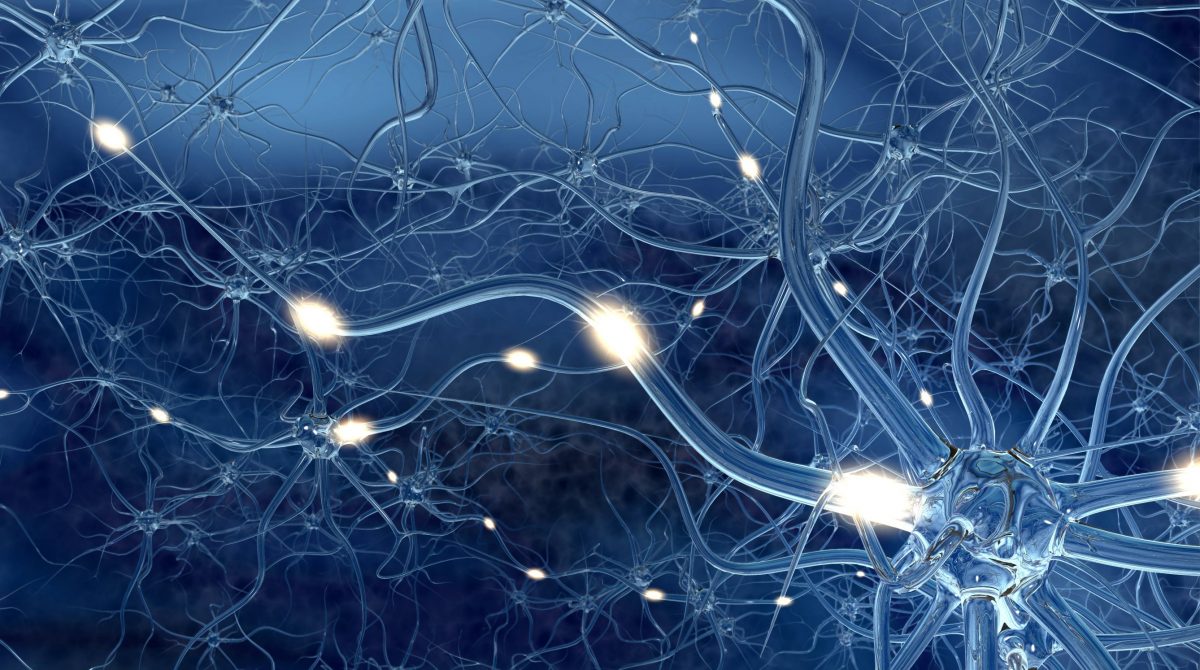The effectiveness of theory of mind training for autistic children varies depending on the type of training and the severity of the child’s autism. Studies have shown that theory of mind training can be beneficial in improving social communication, understanding of emotions, and behavior in children with autism. It helps children to better understand and appreciate the perspectives of others, and to interact more effectively with their peers. However, the results of these studies are not consistent and more research is needed to determine the long-term effectiveness of this type of intervention.
Evidence for the effectiveness of theory of mind training for autistic children
There is a growing body of research that suggests that theory of mind training can be effective in improving the social skills of autistic children. Studies have shown that children who have received theory of mind training have better social understanding, improved social communication, and increased ability to interpret social cues. Additionally, some studies have also reported that theory of mind training can lead to improvements in other areas such as attention, memory, and problem-solving. However, more research is needed to fully understand the effectiveness of different types of theory of mind training and the long-term benefits of the intervention.
What are some of the key outcomes of theory of mind training for autistic children?
One of the key outcomes of theory of mind training for autistic children is improved social skills and interactions with others. For example, children may be better able to understand the emotions and perspectives of others, which can lead to more successful conversations, friendships, and relationships. Additionally, theory of mind training may also lead to improvements in other areas, such as problem-solving and decision-making, as children learn to consider the perspectives and emotions of others in their thinking.
Are there any potential downsides or limitations to theory of mind training for autistic children?
As with any type of therapy or intervention, there may be some downsides or limitations to theory of mind training for autistic children. For example, some children may find the exercises or activities to be too difficult or uninteresting, which can make it difficult for them to fully engage with the training. Additionally, some children may not respond well to certain types of training, or may find that their progress plateaus after a certain point. However, with the help of a trained professional, parents can work to find the best approach for their child and address any challenges that may arise.
How can parents support their child’s theory of mind training at home?
Parents can support their child’s theory of mind training at home by engaging in regular conversations with them about emotions and perspectives, and encouraging them to use perspective-taking strategies. Additionally, parents can provide opportunities for their child to practice their social skills, such as through playdates or social outings, and provide positive reinforcement when they notice their child using their newfound skills in real-world interactions. Parents can also work with their child’s therapist to create a plan that incorporates theory of mind training into their child’s daily routine and activities.
What are some examples of theory of mind training activities that parents can do at home?
There are many different types of theory of mind training activities that parents can do at home with their child. Some examples include:
- Role-playing exercises: Parents can act out different scenarios with their child and have them practice understanding and responding to different emotions and perspectives.
- Social stories: Parents can read or create social stories with their child that highlight different emotions and perspectives, and discuss them with their child afterwards.
- Emotion recognition games: Parents can play games with their child that involve identifying different emotions in pictures or videos, and discussing why the characters might be feeling that way.
- Perspective-taking exercises: Parents can encourage their child to think about how someone else might feel or think in a given situation, and discuss their thoughts with their child.
How can parents track their child’s progress in theory of mind training?
Tracking a child’s progress in theory of mind training can be done through a variety of methods, such as observation, assessments, and self-reports.
- Parents can observe their child’s interactions with others and note any improvements in their social skills and understanding of emotions and perspectives.
- Assessments, such as standardized tests or questionnaires, can also be used to measure a child’s progress.
- Additionally, parents can ask their child to self-report on their own understanding and use of perspective-taking strategies. It is important to involve the therapist in the progress tracking process to ensure that the child is making progress.
What should parents expect in terms of timeline for progress in theory of mind training?
The timeline for progress in theory of mind training can vary depending on the child’s individual needs and abilities. Some children may show rapid progress and improvement in their social skills and understanding of emotions and perspectives, while others may take longer. It is important for parents to remember that the development of theory of mind is a gradual process, and that progress should be tracked over time rather than expecting a quick fix.
How can parents and caregivers ensure that the theory of mind training is tailored to their child’s specific needs?
Parents and caregivers can ensure that the theory of mind training is tailored to their child’s specific needs by working closely with a trained professional, such as a therapist or psychologist. They can also provide regular feedback on their child’s progress and any challenges they may be facing. Additionally, it’s important to assess the child’s level of understanding, interests and preferences to make the training more engaging and appropriate for the child.
Summary
Theory of mind training can be an effective intervention for improving social skills and interactions in autistic children. However, it’s important for parents and caregivers to work closely with trained professionals and tailor the training to their child’s specific needs to ensure the best outcomes. With the right support and guidance, autistic children can develop the skills they need to better understand and interact with others, leading to more successful relationships and greater independence.
References
- Begeer, S., Gevers, C., Clifford, P., Verhoeve, M., Kat, K., Hoddenbach, E., & Boer, F. (2011). Theory of mind training in children with autism: A randomized controlled trial. Journal of autism and developmental disorders, 41, 997-1006.
- Adibsereshki, N., Nesayan, A., Gandomani, R. A., & Karimlou, M. (2015). The effectiveness of theory of mind training on the social skills of children with high functioning autism spectrum disorders. Iranian journal of child neurology, 9(3), 40.
- Assady Gandomani, R., Nesayan, A., Adib Sershki, N., & Karimlou, M. (2013). The effectiveness of theory of mind training on improving cooperation, self-control and assertive in autistic boys. Journal of Exceptional Children, 13(3), 33-44.
- Holopainen, A., de Veld, D. M., Hoddenbach, E., & Begeer, S. (2019). Does theory of mind training enhance empathy in autism?. Journal of autism and developmental disorders, 49, 3965-3972.









